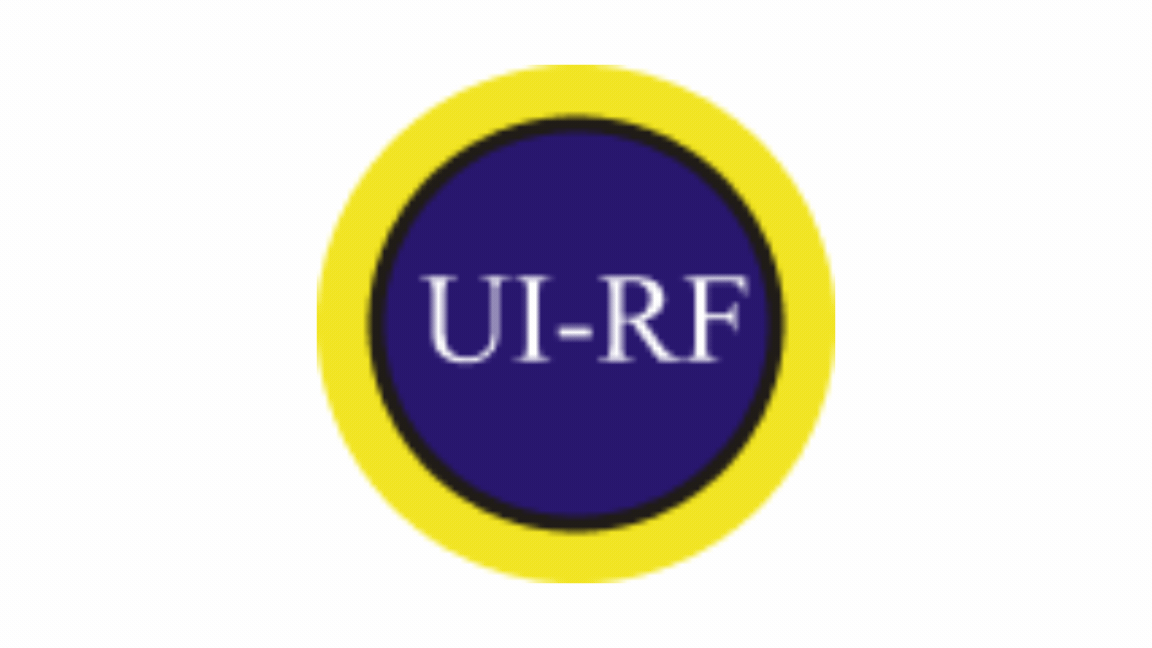
ARISE-BOTNAR
ARISE-BOTNAR: Enhancing Adolescent Health and Well-Being in Urban Africa
The ARISE-BOTNAR initiative represents a significant collaboration between the African Research and Impact Network (ARISE) and the Botnar Foundation, with the University of Ibadan Research Foundation (UI-RF) playing a pivotal role in its implementation. This partnership is dedicated to enhancing the health and well-being of young people, particularly those residing in urban areas across Africa.
Key Objectives of ARISE BOTNAR
Improving Adolescent Health: The initiative focuses on addressing critical health challenges faced by adolescents in urban settings, including mental health issues, substance abuse, and sexual and reproductive health concerns.
Promoting Well-being: Beyond health, ARISE-BOTNAR aims to enhance the overall well-being of young people by addressing factors such as education, employment opportunities, and safe living environments.
Policy Development: A significant component of the initiative involves supporting the development of policies that address societal challenges, ensuring that interventions are sustainable and have a long-term impact.
Research and Innovation
University of Ibadan Research Foundation’s Role:
As a leading academic institution in Nigeria, the University of Ibadan, through its Research Foundation, brings a wealth of expertise to the ARISE-BOTNAR initiative. UI-RF is committed to fostering innovative research and nurturing talent, aligning with its mission to maintain a high scholastic environment.
In the context of ARISE-BOTNAR, UI-RF contributes by:
Conducting Research: Undertaking comprehensive studies to identify the specific health and well-being challenges faced by adolescents in various urban settings across Africa.
Developing Interventions: Designing and implementing evidence-based interventions tailored to the unique needs of these populations.
Capacity Building: Providing training and resources to local communities and stakeholders to ensure the sustainability of the interventions.
Policy Advocacy: Engaging with policymakers to translate research findings into effective policies that can be implemented at local, national, and regional levels.
Impact and Future Directions
The collaborative efforts under the ARISE-BOTNAR initiative have the potential to create significant positive changes in the lives of young people across Africa. By addressing both immediate health concerns and broader societal issues, the initiative aims to foster a generation of healthy, well-educated, and empowered individuals who can contribute to the sustainable development of their communities.
The University of Ibadan Research Foundation remains committed to this cause, continually seeking innovative solutions and partnerships to expand the reach and impact of the ARISE-BOTNAR initiative. Through ongoing research, community engagement, and policy advocacy, UI-RF strives to create a brighter future for Africa’s youth.
The Botnar Foundation
Fondation Botnar is a Swiss philanthropic foundation dedicated to enhancing the health and well-being of young people residing in urban areas worldwide. Established in 2003 to continue the philanthropic legacy of Marcela and Octav Botnar, the foundation focuses on creating inclusive societies that uphold the rights of young individuals and empower them to influence decisions affecting their lives.
To learn more about the BOTNAR Foundation click here


